The spiraling Golden State Warriors have to make drastic changes heading into the Feb. 8 trade deadline. So every player except Steph Curry is on the table in trade talks, according to ESPN and The Athletic.
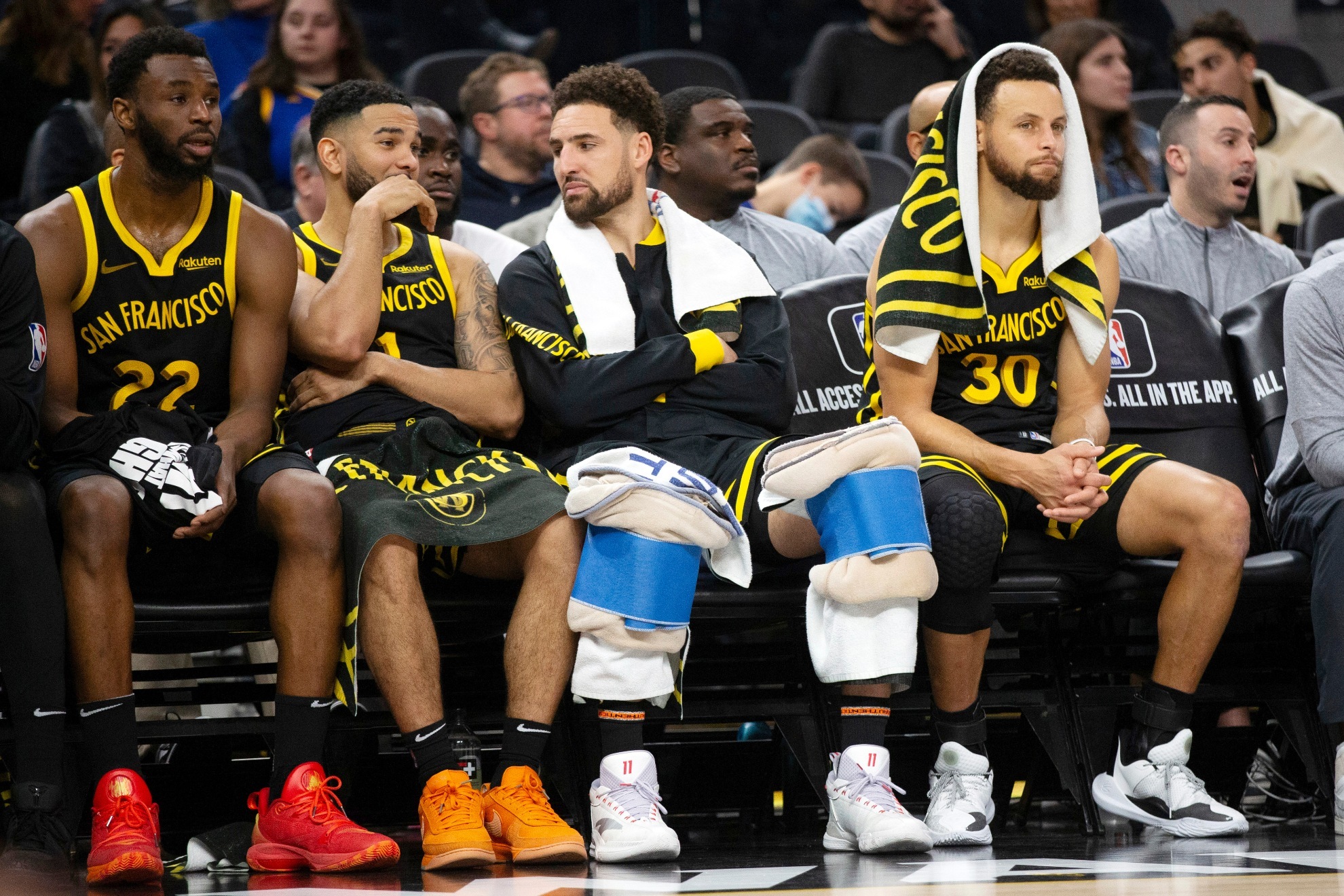
After an early playoff exit last season, first-year general manager Mike Dunleavy traded Jordan Poole’s four-year contract for Chris Paul’s expiring contract in part to gain some roster flexibility financially that gives Golden State the option to move pieces this year and into the offseason. The goal is to find ways to maximize the remaining Curry years as he nears his 36th birthday in March.
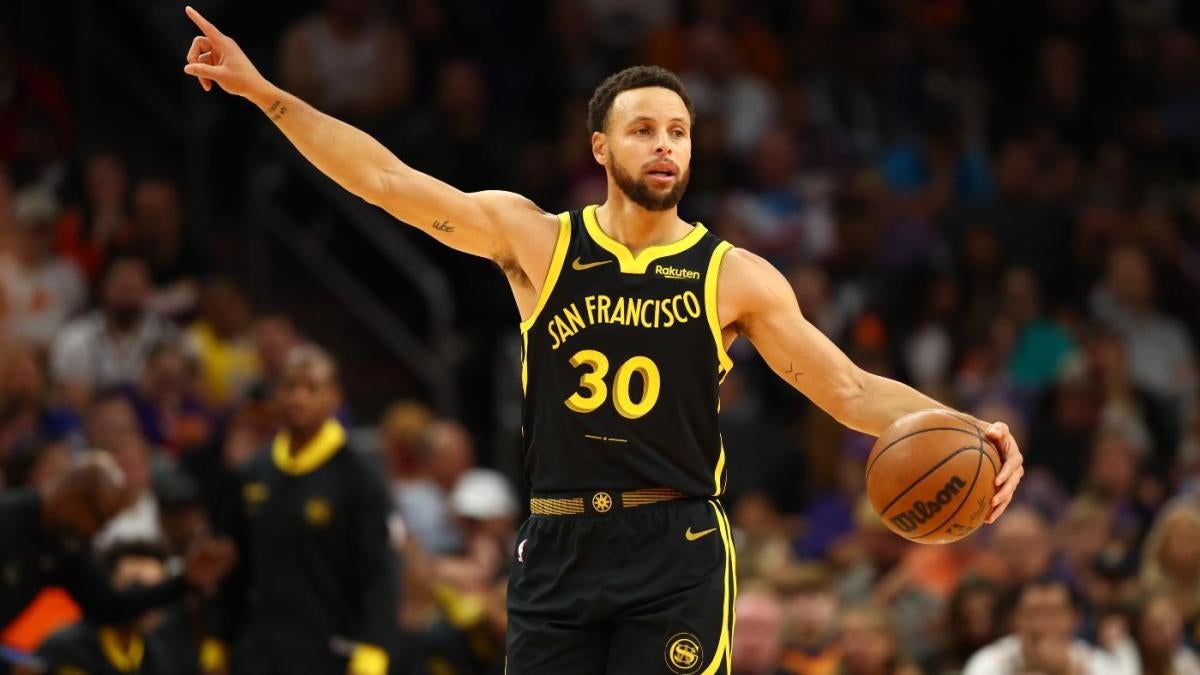
The final year of Paul’s four-year, $120 million contract is non-guaranteed and Klay Thompson’s 5-year, $189 million contract expires after this year. They could also look for ways to move off of a mightily struggling Andrew Wiggins’ four-year, $109 million contract. Draymond Green, a consistent headache for his antics and suspensions, could have his four-year, $100 million contract moved, too.
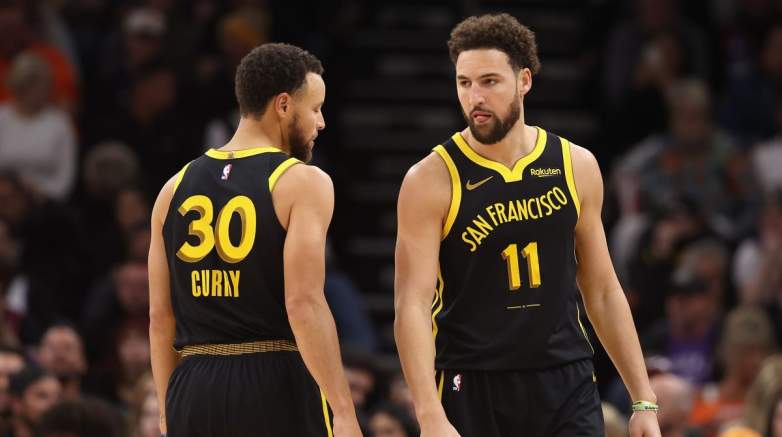
Selling teams in trade talks will most likely be interested in Golden State’s younger players such as Jonathan Kuminga and Moses Moody. In terms of picks, the Warriors’ protected 2024 first-round pick belongs to the Portland Trail Blazers, but they own their 2025, 2026 and 2027 picks that could be used in any trade.
“The decision might be as simple for the Warriors as: ‘Among our big-money players, who do we like the least, who do we value the least, and we’re going to trade that player at the deadline,’ and start then to be able to build back a salary cap structure that gives you flexibility and maybe there’s one more run with Steph Curry,” ESPN’s Adrian Wojnarowski said on NBA Today.
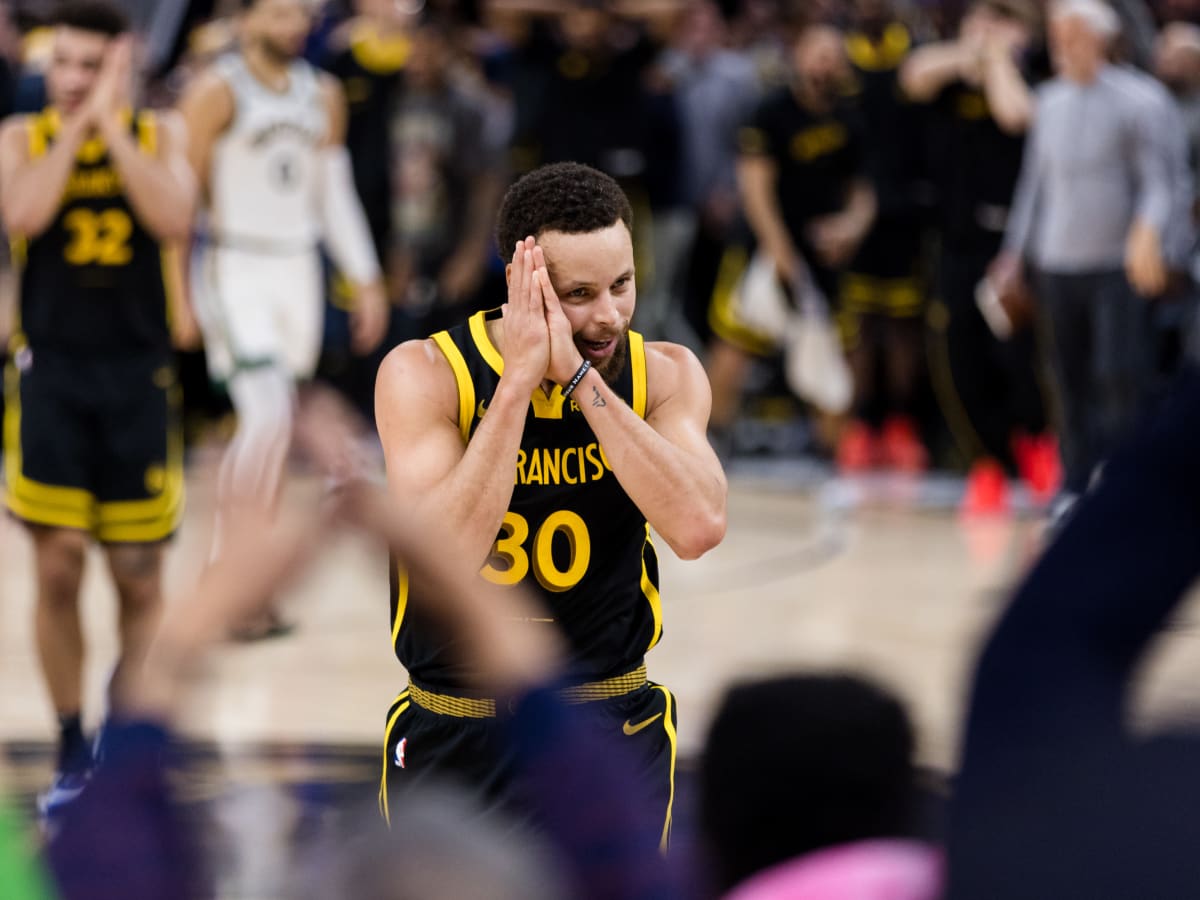
The Warriors are projected to pay a $395.4 million bill this season, including payroll and luxury taxes, which is a hefty price for a team spiraling out of the postseason picture at 18-22. The front office could view this trade deadline as an opportunity not just to improve this season, but to position themselves to get under the new second apron luxury tax threshold and maintain flexibility to rebuild the team over the next year.
“The decision might be as simple for the Warriors as: ‘Among our big-money players, who do we like the least, who do we value the least, and we’re going to trade that player at the deadline,’ and start then to be able to build back a salary cap structure that gives you flexibility and maybe there’s one more run with Steph Curry,” ESPN’s Adrian Wojnarowski said on NBA Today.
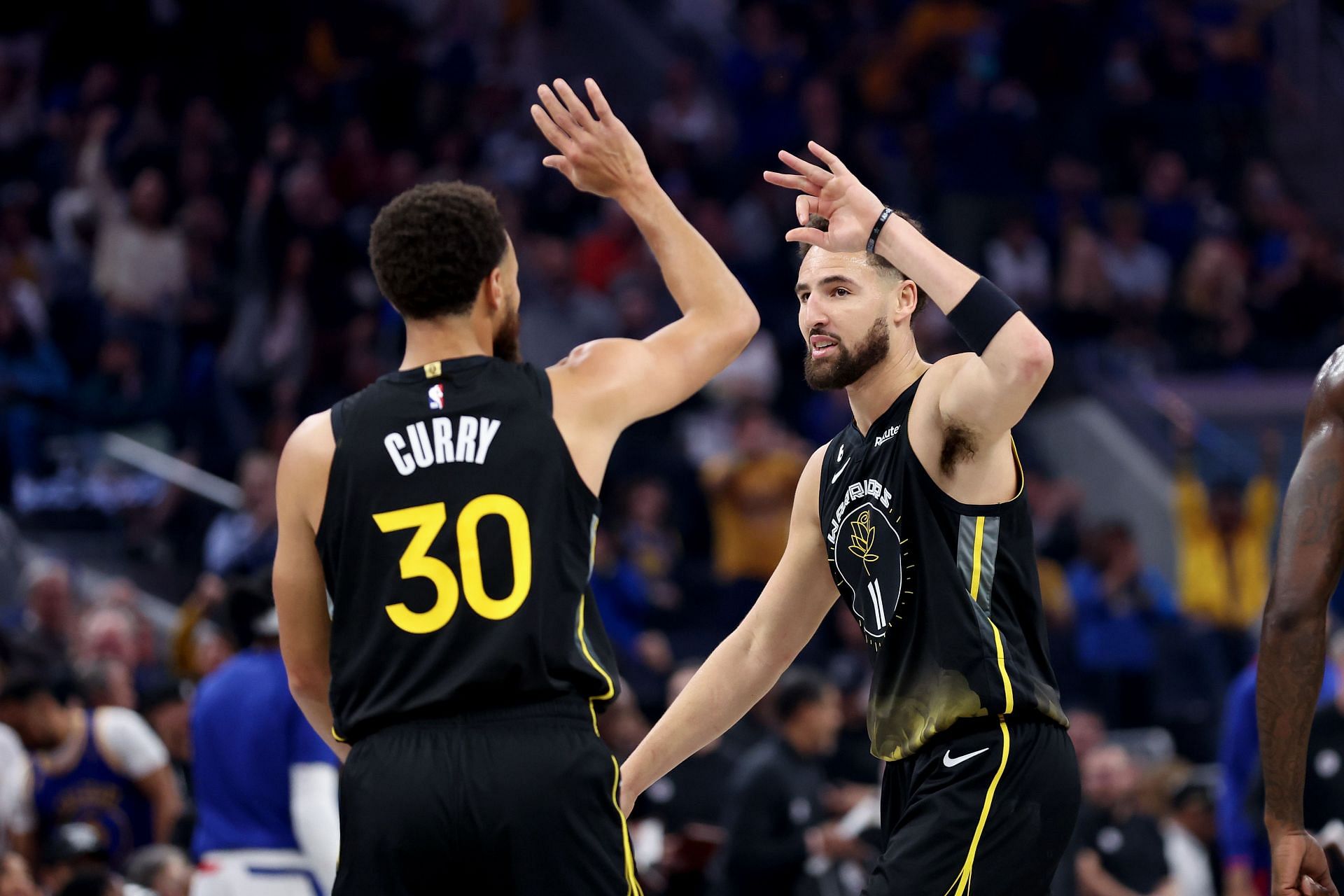
The Warriors are projected to pay a $395.4 million bill this season, including payroll and luxury taxes, which is a hefty price for a team spiraling out of the postseason picture at 18-22. The front office could view this trade deadline as an opportunity not just to improve this season, but to position themselves to get under the new second apron luxury tax threshold and maintain flexibility to rebuild the team over the next year.